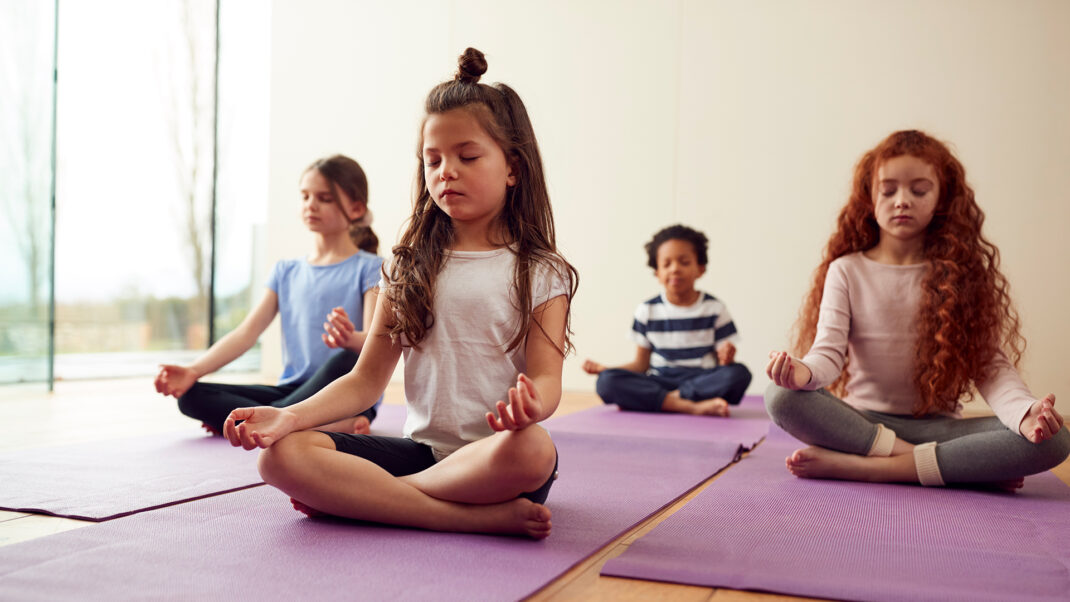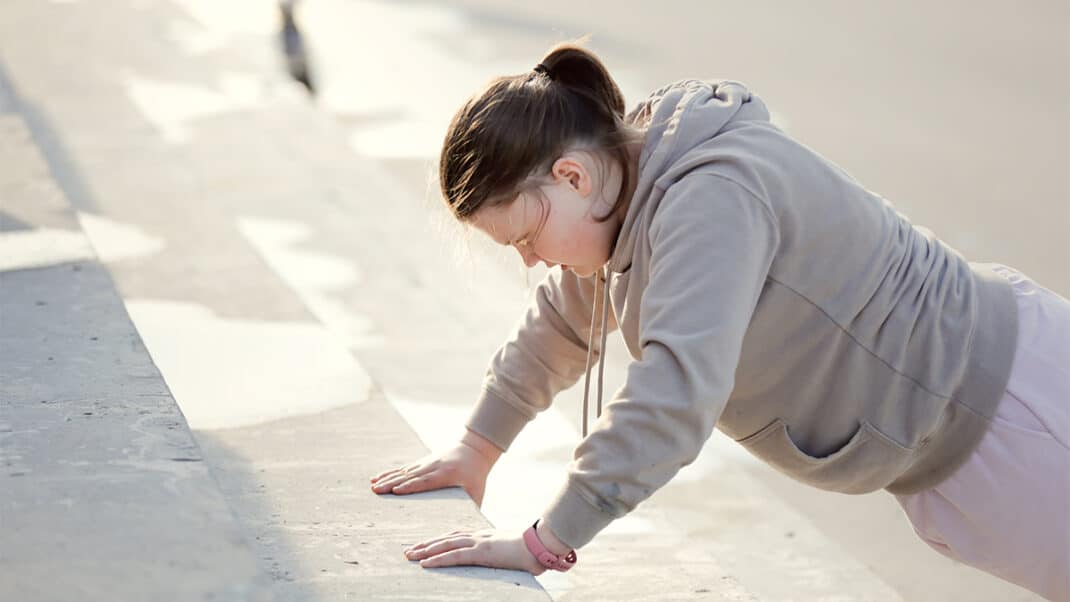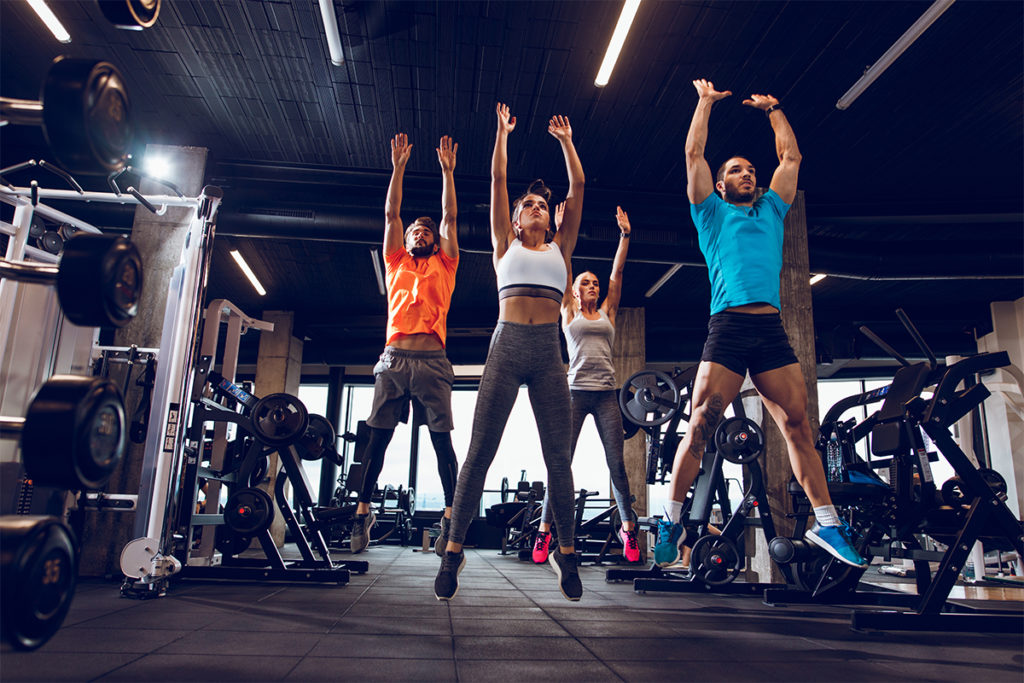Fitness Helps Kids Who Need It Most
Consistent physical activity boosts children with poor cognitive skills.

New evidence supports the value of physical education programs for kids, not only for physical health, but also for cognitive health. Consistent participation for several months in activities such as aerobics, ball games and tag improved cognitive function among school-age children who performed poorly on a cognitive skills test before the activities. Three studies included 292 children ages 9–13 with a broad range of cognitive performance. Researchers from Japan, the U.S. and Switzerland reported their findings in the Journal of Clinical Medicine (2020; 9 [7]).
“Previous studies looked at the issue too broadly,” said study author Keita Kamijo, PhD, associate professor at the University of Tsukuba. “When we broke down the data, we were able to see that physical activity helps children the most if they start out with poor executive function. Because the cognitive functions evaluated in our study are related to academic performance, we can say that daily physical activity is critical for school-aged children.”
See also: Kids’ Inactivity: A Global Crisis
Shirley Eichenberger-Archer, JD, MA
Shirley Eichenberger-Archer, JD, MA, is an internationally acknowledged integrative health and mindfulness specialist, best-selling author of 16 fitness and wellness books translated into multiple languages and sold worldwide, award-winning health journalist, contributing editor to Fitness Journal, media spokesperson, and IDEA's 2008 Fitness Instructor of the Year. She's a 25-year industry veteran and former health and fitness educator at the Stanford Prevention Research Center, who has served on multiple industry committees and co-authored trade books and manuals for ACE, ACSM and YMCA of the USA. She has appeared on TV worldwide and was a featured trainer on America's Next Top Model.





